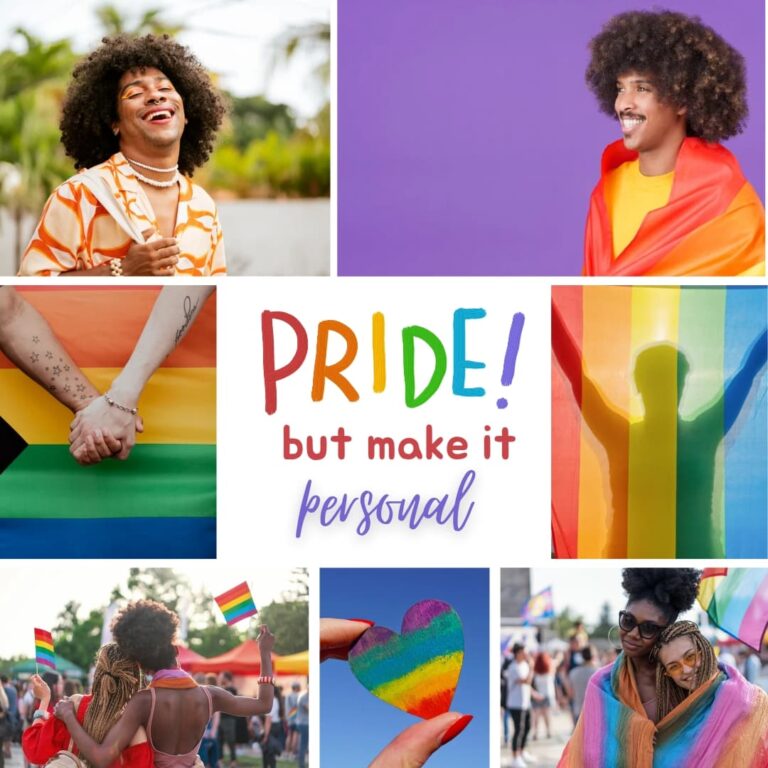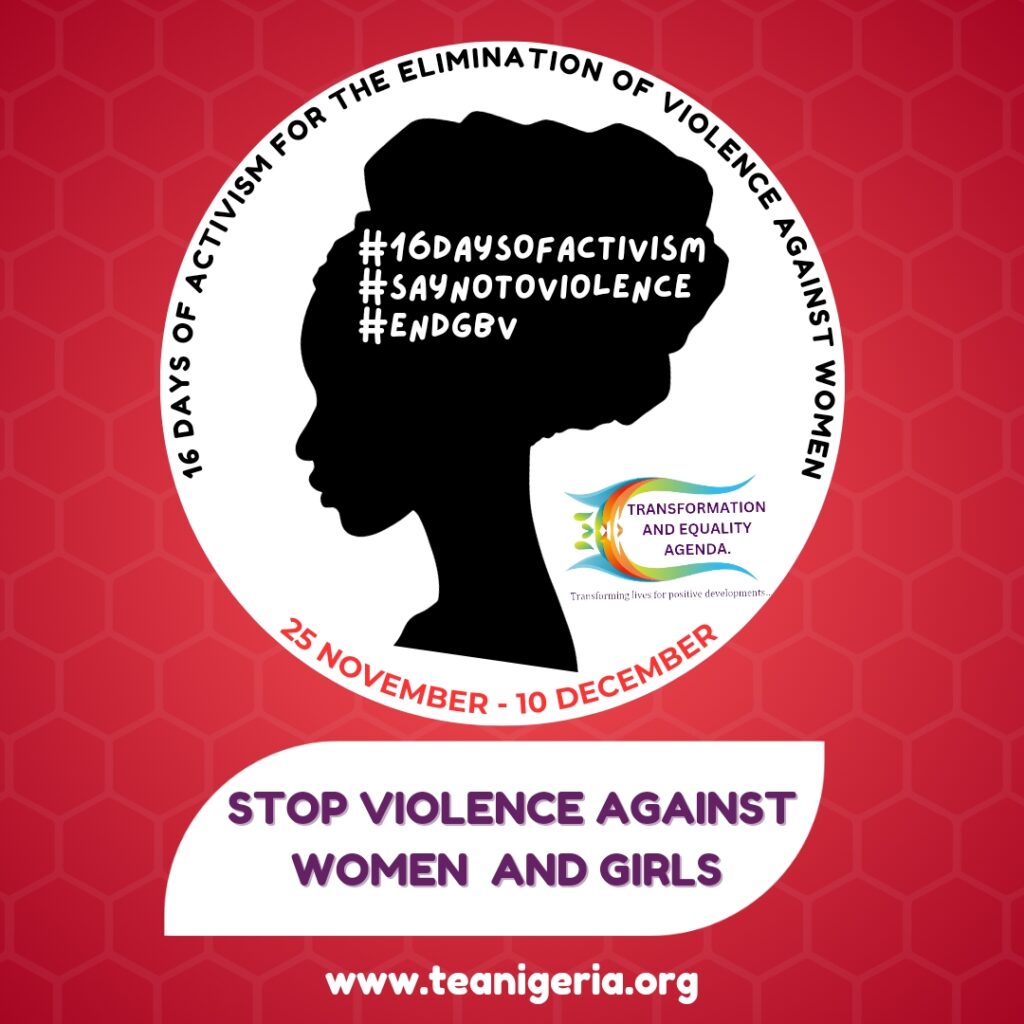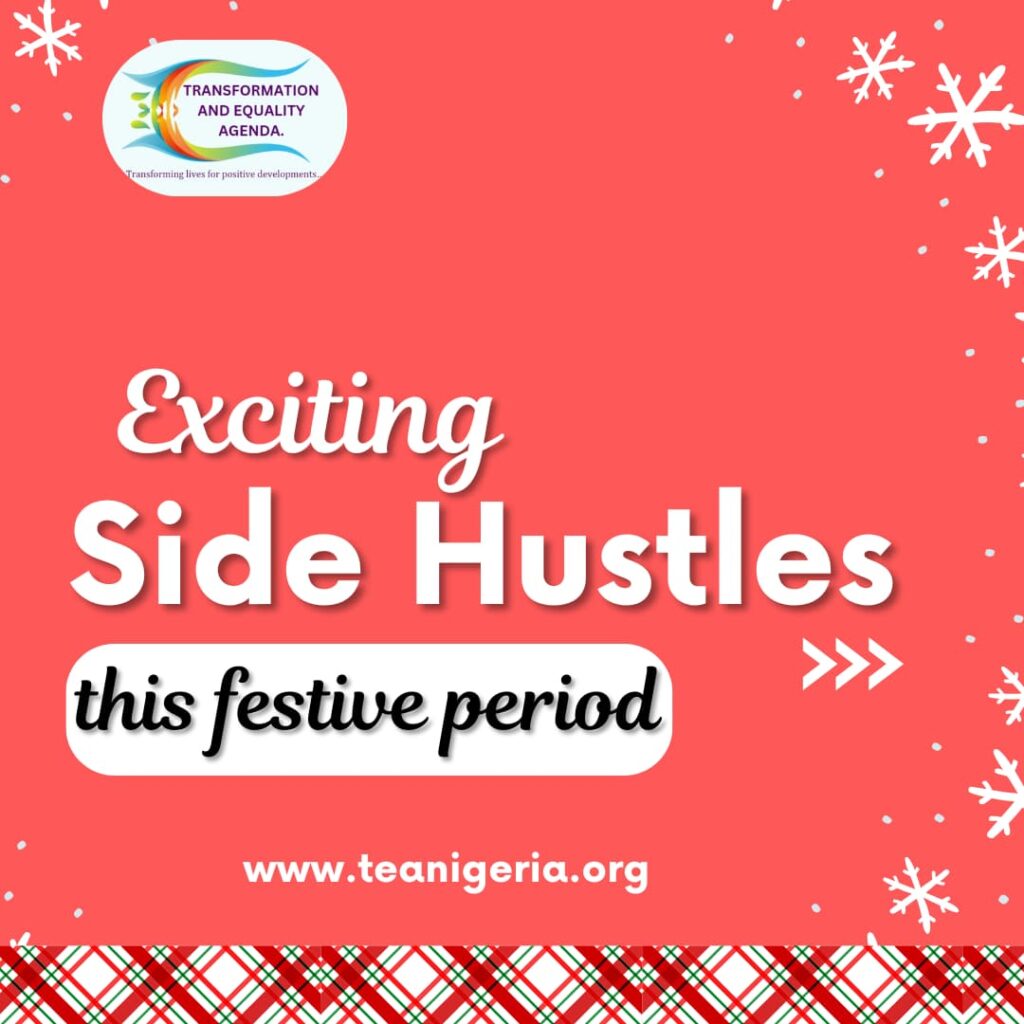
Every June, the world bursts into colour. Rainbow flags wave from storefronts, hashtags trend, and brands race to release their Pride-themed merchandise. For a moment, it seems queerness is not just tolerated but celebrated. But for many of us, Pride isn’t a parade or a photo op. It’s a deeply personal act of survival. It’s healing. It’s homecoming. It’s resistance.
That’s why this year, I’m choosing to honour Pride differently. I’m choosing to make it personal.
WHAT PRIDE LOOKS LIKE BEHIND CLOSED DOORS
I remember the first time I said “I think I’m queer” out loud. There were no fireworks, no cheering crowd — just my reflection in a bathroom mirror and a heartbeat so loud I thought the walls might echo back. That moment, as quiet as it was, marked a revolution. It was the beginning of my pride. Not the kind adorned with glitter and music, but the kind that whispers, you are allowed to be.
We don’t talk enough about these quieter forms of Pride — the ones that don’t make headlines. Like texting a friend after months of silence just to say, I’m not okay. Like choosing joy on a day that feels too heavy. Like holding your partner’s hand in public for the first time, heart racing, eyes scanning. These are personal, intimate, and brave acts of pride, too.
And sometimes, Pride is found in the darkest corners of despair. Ricky, for instance, didn’t find Pride on a rainbow-colored street. He tasted it in the bitter aftertaste of kelebe — thickened spit of survival — that gathered in his throat the night he collapsed in pain from the torment of being queer in a household that refused to accept him. His pride began the night he told his mother, “I like boys more than I like girls.” That night, cold and lonely, was his turning point. It’s not a celebration, but a confrontation. A painful baptism into a life he didn’t choose but chose to live nonetheless.
From promises of change to coerced fasting, spiritual baths, and clerical rituals — Ricky’s body became the battleground. The more they tried to wash his identity away, the more he dug into his own skin, searching for a fragment of control, a piece of peace. Pride, in that moment, became digging his fingernails into his own flesh to remind himself he still existed. He was still here.
THE INTERSECTION OF IDENTITY AND PRIDE
To make pride personal is to recognise that none of us experience it the same way. For me — a queer Nigerian, deeply aware of my cultural roots and political reality — Pride can not be detached from the landscape I exist in. I don’t march down the street wrapped in a rainbow flag, not because I don’t want to, but because here, that act could cost me safety, livelihood, or even my life.
But I still show up. In rooms where queer voices are silenced, I speak up. In places where erasure is the norm, I write us back into the narrative. Pride, for many of us, is not a month — it’s a mindset. One that defies fear. One that insists, “I belong here.”
THE DAILY PRACTICE OF PRIDE
Pride isn’t always loud. Sometimes it’s a whisper: “Rest, you’ve done enough.” Sometimes it’s a refusal: “I will not shrink myself to fit into your comfort.” Sometimes it’s soft: “I deserve to be loved, fully and freely.”
For queer people in Nigeria and in many parts of the world, Pride looks like finding joy in spite of the law. It looks like forming communities in secret, loving each other loudly in quiet corners. It looks like care, art, food, fashion, conversation — all the things we use to tell the world, we’re here. And we’re not going anywhere.
Ricky’s story didn’t end with silence. After years of torment, a day came when he returned home past his curfew — a simple act that unleashed hell. Stripped bare, both of clothes and dignity, he was punished as an offering to the altar of conformity. He became the stubborn goat of Ileya, beaten into submission. And in that moment of agony, he went limp. Death didn’t come, but it brushed his cheek. Then, poof — like the coldness of dawn — a splash of water brought him back. A rebirth. A resurrection. Not of the body, but of resolve.
SO, WHAT DOES PRIDE MEAN TO YOU?
Making Pride personal means making space for truth. Not the polished kind, but the kind that sits in your chest and makes your voice shake. It means turning inward, asking yourself: How am I honouring my identity today? And then turning outward: How am I honouring the identities of others?
It’s not always easy. But it’s always worth it.
This Pride Month, I hope you show up for yourself in the ways that matter — the loud ones and the quiet ones. I hope you honour your healing, your boundaries, your history, and your joy. Because Pride isn’t just a celebration. It’s a declaration.
Pride, but make it personal — because behind every flag is a life. And every life deserves to be seen.
With love,
Ricky


